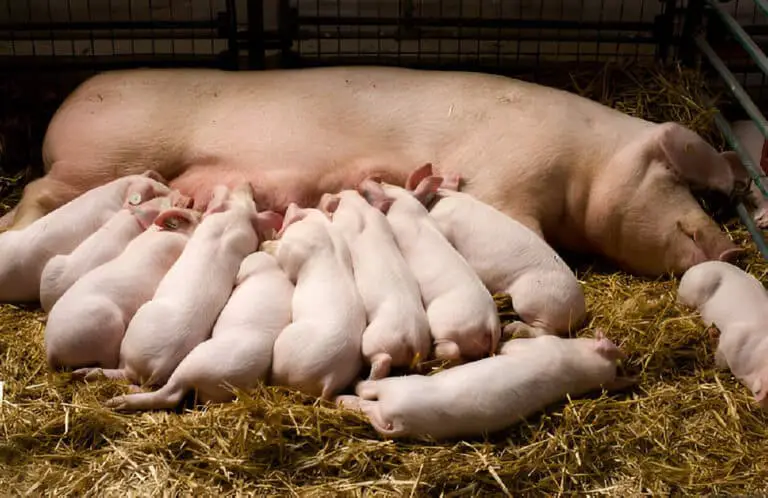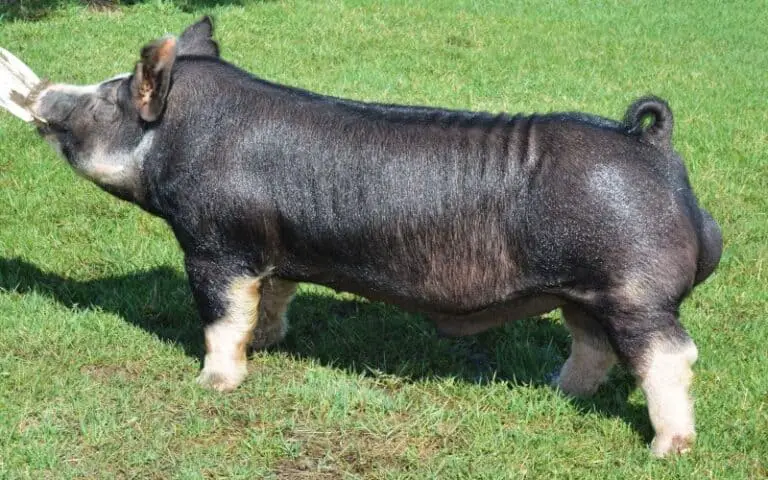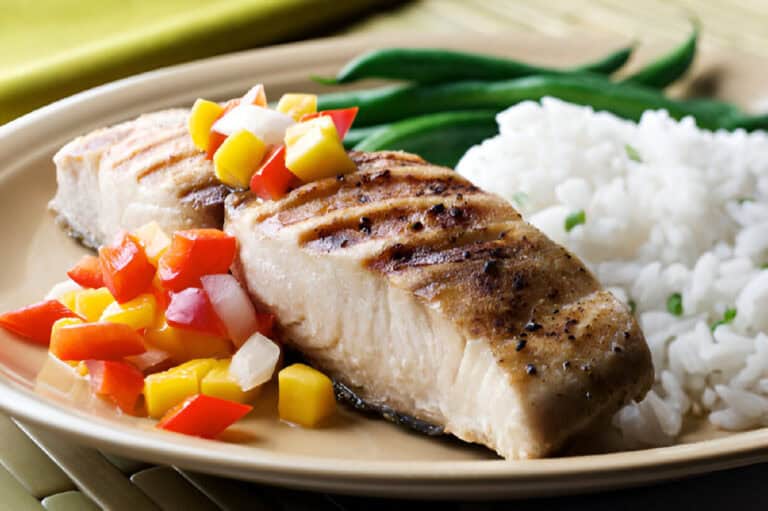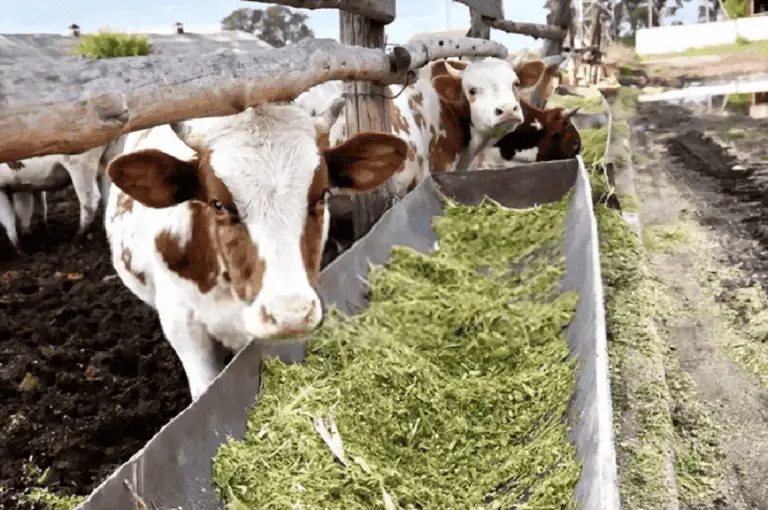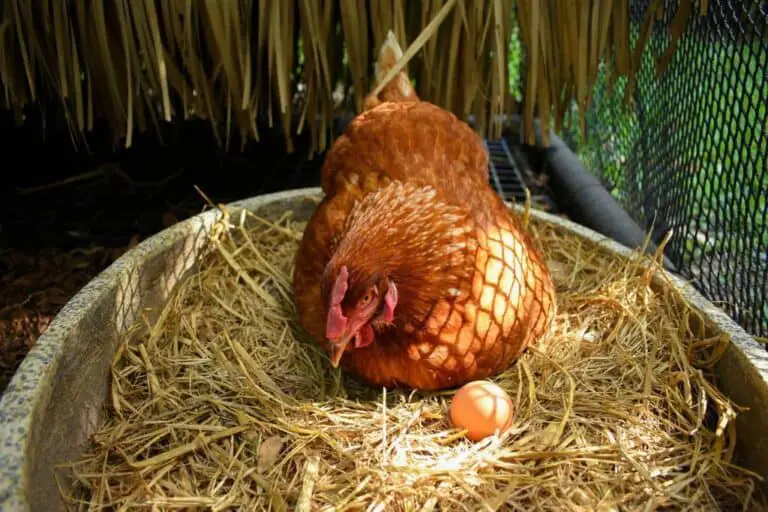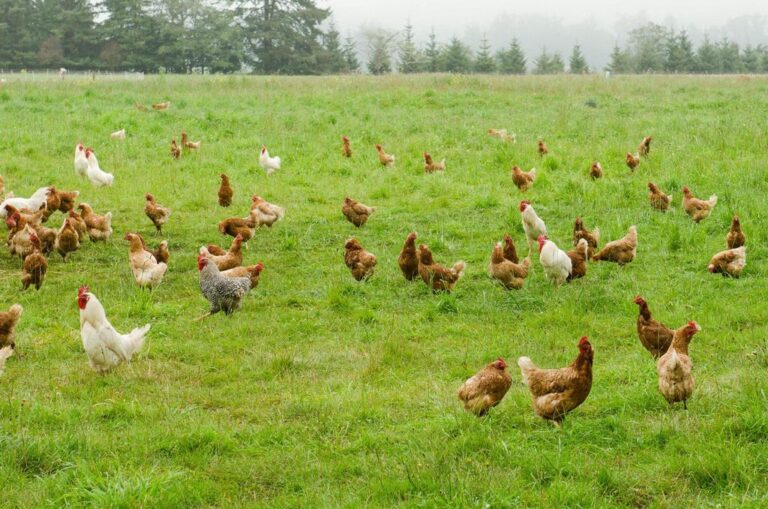Wild Boar Bacon vs. Pig Bacon (Store-Bought): What Are the Differences?
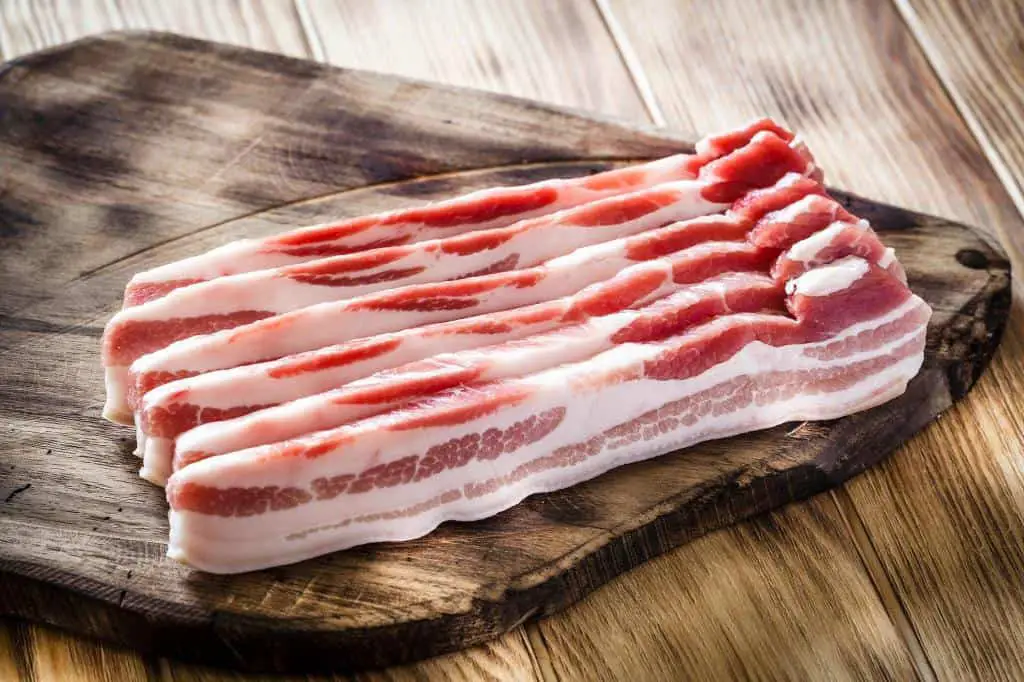
In the world of culinary delights, bacon has always held a special place. Its savory and smoky flavors have gained it a loyal following among food enthusiasts. Countless recipes feature this salty treat. However, alternative meat options are gaining traction in today’s health-conscious society. The traditional pig bacon is facing stiff competition.
People can now choose from a wide range of options when it comes to finding the perfect crispy strip. These include vegan-friendly options as well as exotic meats sourced from wild areas. In recent years, one such option has been gaining attention. It has a unique flavor profile and sustainability advantages: wild boar bacon.
It is intriguingly different from conventional pig bacon bought at grocery stores. Wild boar bacon promises adventurous palates a new eating experience. However, it also raises questions about sourcing practices and environmental impacts.
So, let’s dive into this sizzling comparison between these two types of bacon. Will wild boar outdo its store-bought counterpart, or will the classic remain unrivaled? Let’s explore together what sets them apart in terms of taste, texture, nutritional value, sourcing origins, and even their impact on our environment.
Definition and Characteristics of Wild Boar Bacon
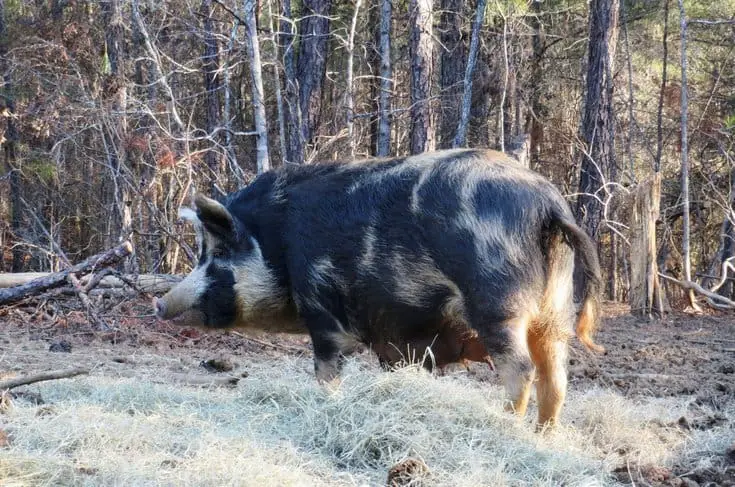
Wild boar bacon is made from the meat of wild boars, which are native to Europe, Asia, and North Africa but have been introduced to various parts of the world. Unlike domesticated pigs raised on farms, wild boars roam freely in their natural habitat. In order for meat to be classified as wild boar bacon, it must come from a wild boar rather than a farm-raised pig.
One notable difference between wild boar bacon and traditional pig bacon is their taste and texture profiles. Wild boar meat tends to have a strong flavor that can be described as rich, nutty, and slightly gamey compared to the milder taste of pork bacon.
The unique diet of wild boars contributes to this distinct flavor profile. They feed on acorns, roots, tubers, berries, and small animals in their environment.
In terms of texture, wild boar bacon typically has a leaner consistency than regular pig bacon due to the lower fat content in wild game meats. This results in a firmer bite with less marbling or streaks of fat throughout the slices. However, some individuals find this characteristic appealing, as it provides a heartier eating experience with more pronounced flavors.
Personal preferences play an essential role when considering whether one enjoys the taste and texture differences offered by wild boar bacon versus store-bought pig bacon.
Overall, there are many variables that could yield different tastes. These include how it was cooked or prepared, and even the country it came from.
Production Methods: Wild Boars vs. Domesticated Pigs
There are clear differences between how wild boars and domesticated pigs are sourced when it comes to making bacon. Wild boar bacon is hunted in the great outdoors, whereas pig bacon is typically derived from farmed-raised animals.
Skilled hunters venture into forests and open fields to track down and harvest elusive wild boars. The process requires careful navigation through uncertain terrain. It provides a thrilling adventure for those seeking a unique culinary experience.
On the other hand, domesticated pigs are raised on farms specifically for food production purposes. They are bred under controlled conditions with regulated diets and veterinary care.
The sourcing method alone contributes to notable variations in flavor and quality between wild boar bacon and store-bought pig bacon. Wild boars roam freely in their natural habitats. They feed on an array of native plants, like acorns or tubers, they may encounter during their excursions across forests or grasslands.
This diverse diet impacts the depth of taste in wild boar meat. It results in richer and more intense flavors compared to their farm-raised counterparts. Farm-raised boars eat commercial feeds for growth efficiency, not the nuanced flavors in their environment.
These differences can make wild boar bacon a popular choice among adventurous palates looking for a unique smoky-savory taste that only nature’s bounty can provide. Store-bought pig bacon delivers familiar tastes due to consistent rearing practices on large-scale farms dedicated to pork production. They have become synonymous with traditional breakfast fare.
Nutritional Comparison: Highlighting the Key Differences
Wild boar bacon and store-bought pig bacon are not at all the same when it comes to nutrition. Both types of bacon are high in protein. However, wild boar bacon generally contains higher levels of essential nutrients than pig-based bacon.
Wild boar bacon is often praised for its leaner meat content. This means that it tends to have a lower fat content than pig-based bacon. As a result, wild boar bacon is typically lower in calories and saturated fats, making it a healthier option for those watching their waistline or trying to maintain a balanced diet.
However, one aspect where pig-based bacon may take the lead is sodium content. Store-bought pig bacon is usually heavily processed with added salt and preservatives. This can significantly increase the overall sodium levels in the final product. However, wild boar meat contains fewer artificial processing additives and curing agents. Therefore, wild-boar bacon generally has lower sodium levels.
Sourcing and Sustainability
The production methods make a big difference between wild boar bacon and store-bought pig bacon when it comes to where the meat comes from. Traditional pig farming for commercial pork meat often involves large-scale operations. This can have detrimental impacts on the environment.
These operations contribute to deforestation. They also cause water pollution from waste management systems. Additionally, they produce greenhouse gas emissions from intensive animal husbandry practices.
Furthermore, these pigs are typically raised in confined spaces. Their movement is restricted, leading to stress and potential health issues. Antibiotics and growth hormones may also be common in conventional pig farming. They promote faster growth and prevent diseases from spreading in crowded conditions.
On the other hand, when you choose wild boar bacon or any other wild game meat alternative, you are opting for a more sustainably sourced option. Wild boars are not farmed. They are hunted in controlled populations to manage their numbers effectively without degrading ecosystems or causing excessive damage.
Unlike commercial pork products derived from factory-farmed pigs that rely heavily on grain-based feed, wild boars have natural diets consisting of plants (like acorns), fruits, and nuts, as well as small animals like insects or rodents that they hunt themselves. This results in leaner cuts of meat with healthier fat profiles, including higher levels of omega-3 fatty acids than traditionally produced pork.
Consumer Considerations When Choosing Pork
There are a few things people should think about when deciding between wild boar bacon and store-bought pig bacon. One important issue is the ethical concern surrounding hunting practices.
Wild boar populations are generally considered invasive species. They can cause extensive damage to crops, native ecosystems, and even livestock. As a result, controlled hunts for wild boars have become necessary for population control in certain areas.
Those who choose to purchase wild boar bacon may view it as a more sustainable option since they are supporting efforts that help manage these populations.
On the other hand, some consumers may have reservations about hunting wild animals or find it morally objectionable. For those individuals, purchasing store-bought pig bacon could be an alternative choice.
Pig farming has its own set of ethical concerns related to factory farming practices, such as confined spaces for animals and questionable treatment methods employed by some commercial farms.
Cost is another aspect that influences consumer decisions when it comes to selecting between these two types of bacon. Generally speaking, wild boar meat tends to be pricier than pig meat. This is due to various reasons, including limited availability, higher demand in specialty markets or upper-end restaurants, and increased difficulty in procuring from the wild compared with farm-raised pigs readily available at supermarkets.
However, average pig’s prices can vary greatly depending on location and market dynamics, so it’s always best to compare local prices before making a final decision based solely on cost considerations.
Each individual should weigh their personal values along with their budgetary constraints when deciding which type of bacon suits them best. Whether they prioritize sustainability through supporting managed hunts or prefer less controversial sources offered by traditional pork production systems will guide their final selection accordingly.
| Related: What Breed of Pig Tastes the Best? |
Culinary Comparison: Wild Boar Bacon vs. Pig Bacon (Store Bought)
Wild Boar Bacon: A Culinary Adventure
1. Origin and Flavor Profile
Wild boar bacon, as the name suggests, is derived from wild boars, which are untamed relatives of domestic pigs. These creatures roam freely in forests and natural habitats, resulting in a diet that influences the bacon’s flavor. The taste is often described as more robust, with a distinct wildness that adds depth to the overall experience.
2. Leaner Meat
One of the significant distinctions lies in the composition of the meat. Wild boar bacon tends to be leaner than its domestic counterpart. The wild boar’s active lifestyle and natural foraging contribute to the development of lean muscle, resulting in bacon with a meatier texture.
3. Rich Nutritional Profile
Wild boar bacon boasts a rich nutritional profile. It is a good source of essential nutrients, including protein, zinc, and various B vitamins. The wild diet of these boars contributes to a diverse nutrient content, making it an appealing choice for those seeking a more health-conscious bacon option.
4. Culinary Versatility
The unique flavor and leaner meat of wild boar bacon make it a versatile ingredient in the kitchen. It can add depth to a range of dishes, from pasta and salads to appetizers and main courses. Its distinctive taste elevates the overall culinary experience, appealing to those who crave a departure from the familiar.
Pig Bacon (Store Bought): A Timeless Classic
1. Familiarity and Consistency
Pig bacon, the quintessential breakfast delight, has been a staple in households for generations. Its familiar taste and consistent quality make it a reliable choice for those who prefer the tried-and-true. The controlled environment in which pigs are raised contributes to a more uniform flavor and texture.
2. Fatty Goodness
Unlike its leaner wild boar counterpart, pig bacon is renowned for its higher fat content. This added fat contributes to a juicier, more indulgent experience when cooked. The rendered fat enhances the overall flavor profile, creating the crispy, mouthwatering bacon that many have come to adore.
3. Accessibility and Affordability
One of the significant advantages of pig bacon is its widespread availability and affordability. Easily found in supermarkets and grocery stores, pig bacon is a convenient choice for those who prefer a quick trip to the store. Its affordability makes it an accessible indulgence for bacon enthusiasts on a budget.
4. Uniform Slicing
Pig bacon’s consistent thickness and uniform slices are a result of modern processing techniques. This uniformity facilitates even cooking and provides a visually appealing presentation on the plate. For those who appreciate precision in their culinary endeavors, pig bacon offers a level of consistency that is hard to match.
A Side-by-Side Comparison
To help you make an informed decision, let’s compare wild boar bacon and pig bacon side by side at a convenient table:
| Aspect | Wild Boar Bacon | Pig Bacon (Store Bought) |
| Flavor | Robust and Wild | Familiar and Consistent |
| Fat Content | Lean | Fatty and Indulgent |
| Nutritional Profile | Rich in Nutrients | Balanced |
| Culinary Versatility | Versatile | Classic and Timeless |
| Accessibility and Affordability | Limited availability | Widely available and budget-friendly |
| Slicing Consistency | Varies in thickness | Uniform and consistent |
Conclusion
In conclusion, the differences between wild boar bacon and store-bought pig bacon are vast and can greatly impact one’s preference depending on their taste, health considerations, sourcing preferences, and environmental concerns.
Wild boar bacon offers a unique flavor profile with its gamey undertones that appeals to those seeking something different from traditional pork bacon. The leaner meat of wild boar also means less grease and a slightly chewier texture compared to the fattier pig bacon.
On the other hand, store-bought pig bacon is more widely available, consistently flavorful, and often preferred for its familiar taste and crispy texture. It is also produced in controlled environments, ensuring higher food safety standards than hunting wild boars. Additionally, purchasing mass-produced pig bacon may potentially have lower environmental impacts. Ecological imbalances can result from a variety of factors, such as hunting-related habitat destruction or wild boar overpopulation.
Ultimately, it is best to try both options before forming a personal preference. Experimenting with different recipes using each type of bacon can provide insights into which flavors and textures pair better with certain dishes.
Whether you choose the adventurous route of trying deliciously tangy wild boar bacon or stick to reliable store-bought pig bacon depends solely on your individual tastes, dietary choices,and ethical values surrounding meat consumption

